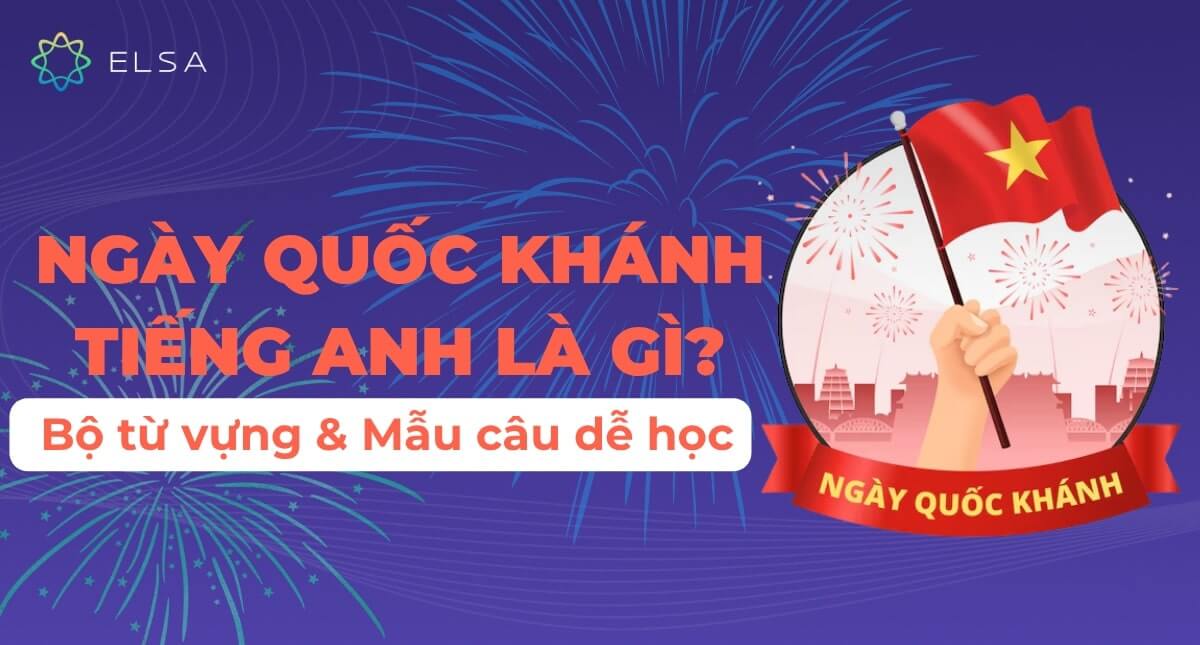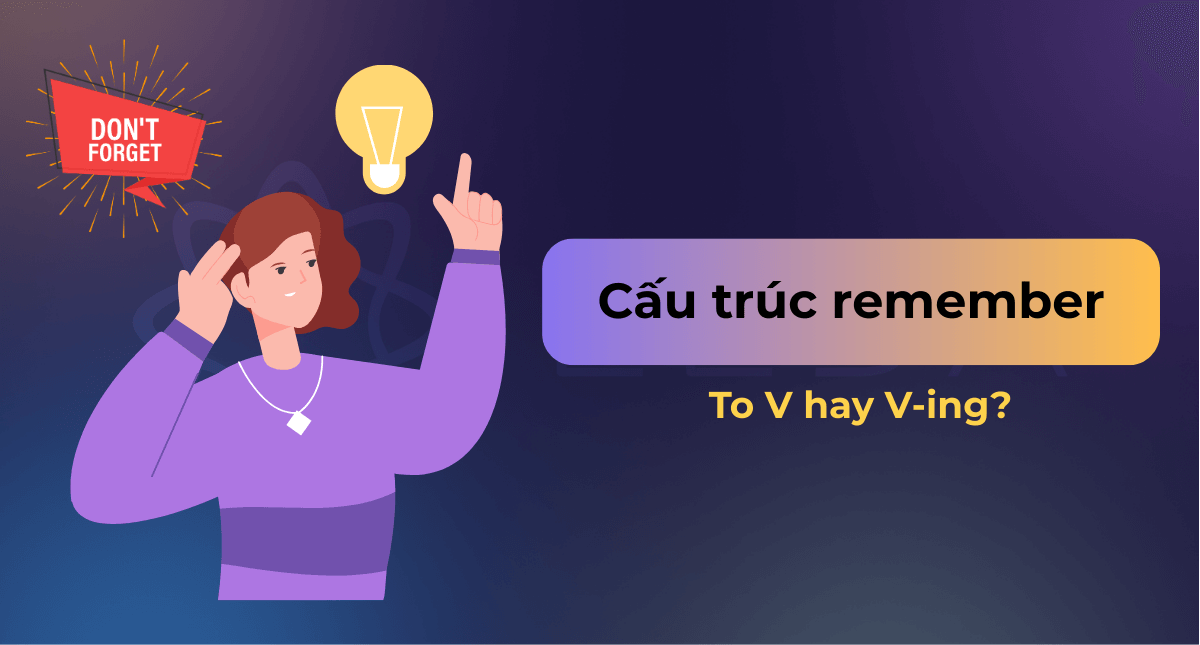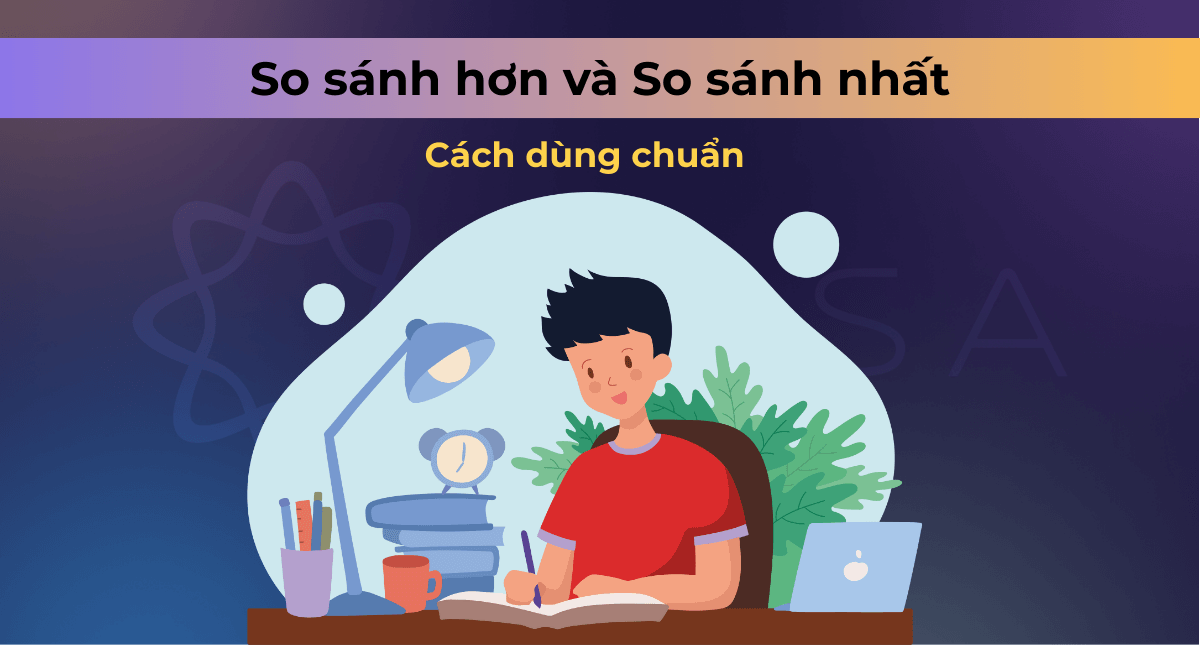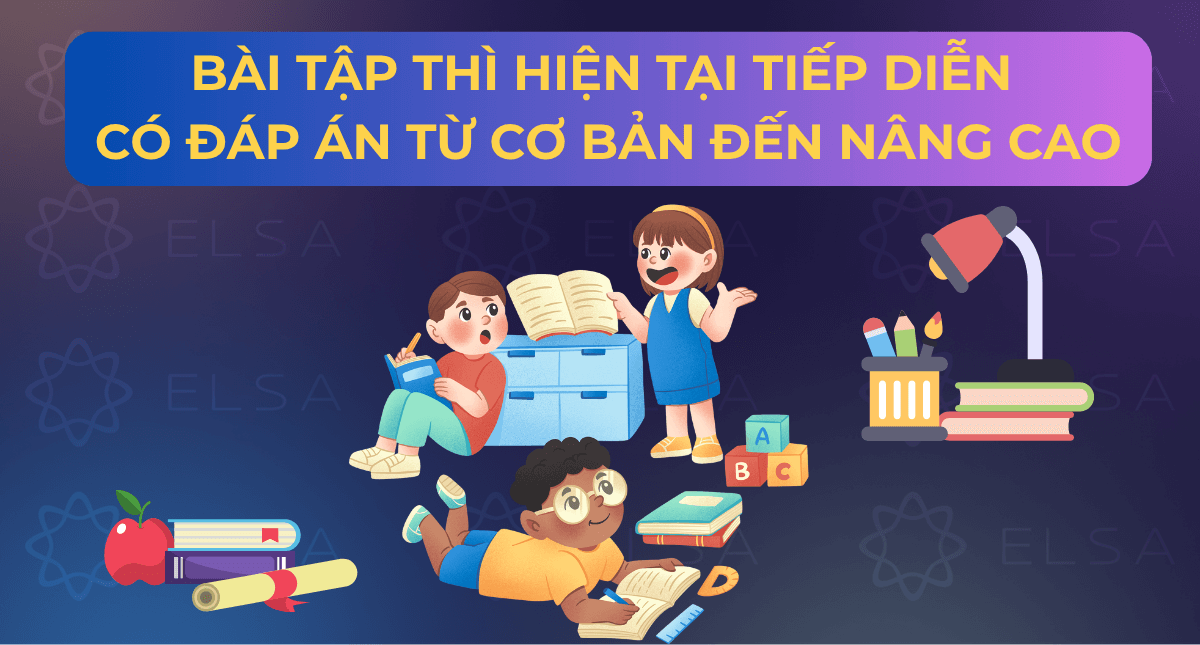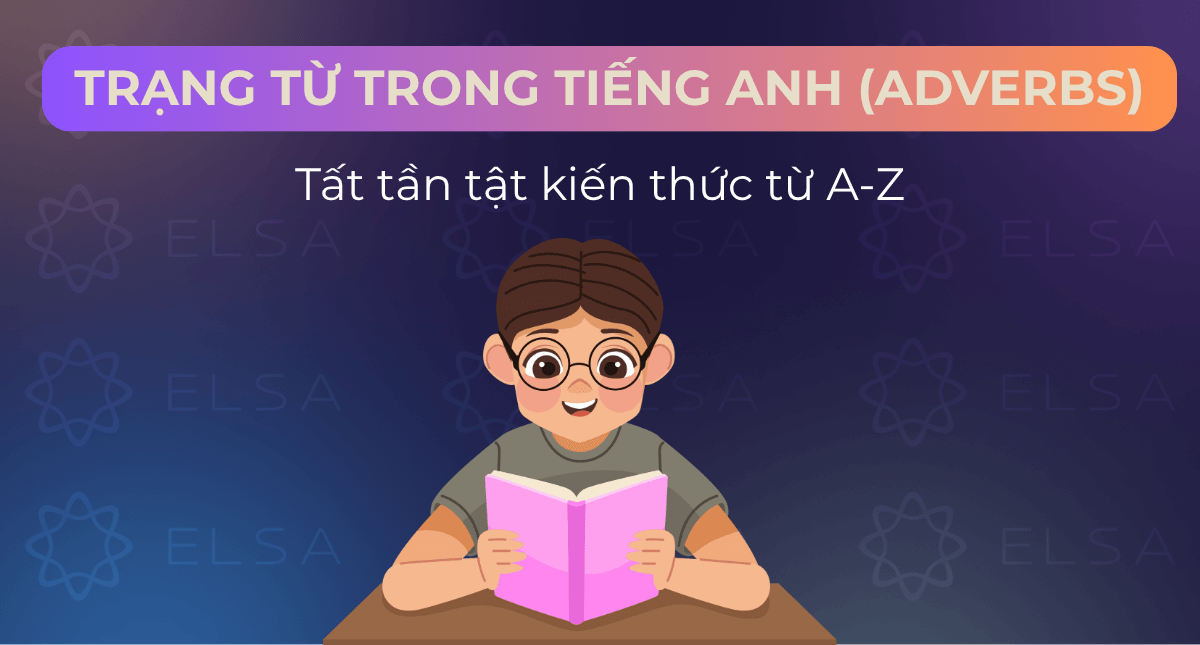Câu điều kiện thường dùng để diễn đạt và nhấn mạnh sự tương phản giữa 2 mệnh đề. Điểm ngữ pháp quan trọng này luôn xuất hiện trong các bài kiểm tra, bài thi TOEIC hay IELTS. Vì vậy, để chinh phục thang điểm cao nhất, bạn hãy thực hành cùng kho bài tập câu điều kiện mà ELSA Speak tổng hợp dưới đây nhé.
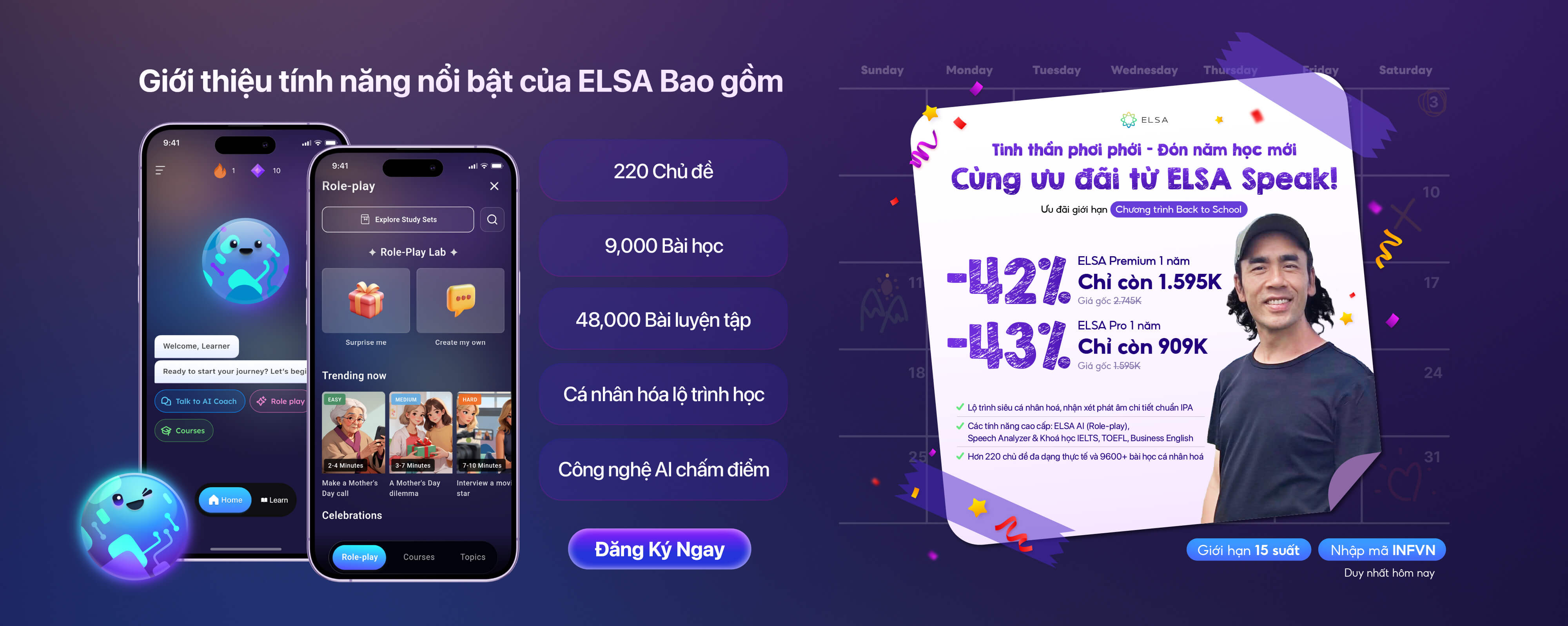
Ôn tập kiến thức câu điều kiện
Câu điều kiện (Conditional sentences) dùng để diễn tả một sự việc sẽ xảy ra khi một điều kiện cụ thể xảy ra.
Kiểm tra phát âm với bài tập sau:

Cấu trúc của một câu điều kiện gồm có hai mệnh đề, cụ thể: Mệnh đề chính (main clause) dùng để diễn tả một kết quả; mệnh đề điều kiện (If- clause) dùng để diễn tả điều kiện để mệnh đề chính trở thành sự thật.
Ví dụ:
- If he hadn’t studied abroad, we wouldn’t have broken up. (Nếu anh ấy không đi du học, chúng tôi đã không chia tay rồi).
- If I get a good score on the upcoming exam, my mom will reward me with a new bike. (Nếu tôi đạt điểm cao trong kỳ thi sắp tới, mẹ sẽ thưởng cho tôi một chiếc xe đạp mới).
Câu điều kiện loại 0
Câu điều kiện loại 0 dùng diễn tả các sự việc luôn đúng, một sự thật hiển nhiên hoặc chân lý.
Công thức:
| If + S1 + V/ V(-s/-es), S2 + V/ V(-s/-es) |
Công thức đảo ngữ:
| Should + S1 + (not) + be + Adj/N, S2 + V |
Ví dụ:
If you take an ice cube out of the refrigerator, it melts. (Nếu bạn lấy một viên đá ra khỏi tủ lạnh, nó sẽ tan chảy.)
→ Đảo ngữ: Should you take an ice cube out of the refrigerator, it melts.
Câu điều kiện loại 1
Câu điều kiện loại 1 dùng để diễn tả một hành động, sự việc, tình huống có thể xảy ra ở hiện tại hoặc tương lai khi đã có một điều kiện nhất định xảy ra trước.
Công thức:
| If + S1 + V (s, es), S2 + will/may/should/can… + V-inf |
Cấu trúc đảo ngữ:
| Should + S1 + V-inf, S2 + will/may/should/can… + V-inf |
Ví dụ:
If he’s not busy, he’ll come to pick me up. (Nếu anh ấy không bận, anh ấy sẽ đến đón tôi.)
→ Đảo ngữ: Should he not be busy, he’ll come to pick me up.
Lưu ý: Trong một số trường hợp, bạn có thể sử dụng “may” để thay thế cho “will” trong mệnh đề chính, để diễn tả một sự việc trong tương lai nhưng không chắc chắn.
>> Xem thêm:
Câu điều kiện loại 2
Câu điều kiện loại 2 dùng để diễn tả một sự việc không có thật ở hiện tại.
Công thức:
| If + S1 + V_ed, S2 + would/might/could… + V-inf |
Cấu trúc đảo ngữ:
| Were + S1 + (to V), S2 + would/might/could… + V-inf |
Ví dụ:
If I were you, I wouldn’t be so rude to her. (Nếu tôi là bạn, tôi sẽ không thô lỗ với cô ấy như vậy.)
→ Đảo ngữ: Were I you, I wouldn’t be so rude to her.
Câu điều kiện loại 3
Câu điều kiện loại 3 dùng để diễn tả sự việc hoặc hành động không có thật ở quá khứ.
Công thức:
| If + S1 + had + V3, S2 + would/might/could… + have + V3. |
Công thức đảo ngữ:
| Had + S1 + V3, S2 + would/might/could… + have + V3. |
Ví dụ:
If they had asked me, I could have given them some advice. (Nếu họ hỏi tôi, tôi đã cho họ một vài lời khuyên rồi.)
→ Đảo ngữ: Had they asked me, I could have given them some advice.
Lưu ý: Cấu trúc “Unless” (được sử dụng thay thế “if not”) mang ý nghĩa phủ định, có thể dịch nghĩa tiếng Việt là “trừ khi” hoặc “nếu không”.
Ví dụ: Unless you listened to my advice, you would have gotten into trouble. (Trừ phi bạn nghe lời khuyên của tôi, bạn sẽ gặp rắc rối.)
Câu điều kiện hỗn hợp
Câu điều kiện hỗn hợp dùng để diễn tả một tình huống không có thật trong quá khứ và kết quả được giả định trong hiện tại.
- Công thức câu điều kiện hỗn hợp loại 1:
| If + S + had + Vpp/V-ed, S + would + V-inf |
Công thức đảo ngữ:
| Had + S1 + (not) + Vpp/V-ed, S2 + would/could + (not) + V-inf. |
Ví dụ:
If I had studied harder in school, I would have gotten a better job now. (Nếu tôi học hành chăm chỉ hơn ở trường, tôi đã có một công việc tốt hơn bây giờ.)
→ Đảo ngữ: Had I studied harder in school, I would have gotten a better job now.
- Công thức câu điều kiện hỗn hợp loại 2:
| If + S + V-ed, S + would/could/might + have + Vpp/V-ed |
Công thức đảo ngữ:
| Were + S1 + (not) + Adj/To V, S2 + would/could/might + (not) + have + Vpp/V_ed. |
Ví dụ:
If you told me the truth, I would have helped you. (Nếu bạn nói cho tôi sự thật, tôi đã giúp bạn.)
→ Đảo ngữ: Were you to tell me the truth, I would have helped you.

>>Xem thêm:
- Bài tập thì tương lai đơn
- Tổng hợp bài tập thì hiện tại tiếp diễn
- Quy tắc trật tự tính từ trong tiếng Anh (OSASCOMP)
Bài tập câu điều kiện cơ bản (loại 1, 2, 3)
Bài tập viết lại câu điều kiện
1. His father often punishes him for his laziness.
2. I can’t come because I have to help my dad with something.
3. Leon often causes accidents because he drives carelessly.
4. Stop talking or you will wake the children up.
5. Mary got lost because she didn’t have a map.
6. June is so fat because she ate so many chips.
7. You’re unhealthy because you don’t do exercise.
8. He didn’t study his lessons very carefully, so he gets bad grades now.
9. Hurry up or you will be late for school.
10. I can’t apply for that job because I don’t know English.
Đáp án:
1. If he weren’t lazy, his father wouldn’t punish him.
2. I’d come if I didn’t have to help my dad with something.
3. If Mr. Leon drove carefully, he wouldn’t cause accidents.
4. If you keep talking, you will wake the children up.
5. If Mary had had a map, she wouldn’t have gotten lost.
6. If June ate fewer chips, he wouldn’t be fat.
7. If you do exercise, you will be healthy.
8. If he had studied his lessons very carefully, he would have gotten good marks now.
9. If you don’t hurry up, you will be late for school
10. If I knew English, I could have applied for that job.
Bài tập trắc nghiệm câu điều kiện
| Câu hỏi | Đáp án lựa chọn | |
|---|---|---|
| 1 | If I…………….. the competition, I…………. on a world cruise. | A. win/ will go B. won/ would go C. won/ would have gone D. will win/ go |
| 2 | What would happen if you …………….. to work tomorrow? | A. had gone B. didn’t go C. won’t go D. don’t go |
| 3 | Mary can help herself to the refrigerator should she………….. hungry. | A. will get B. gets C. got D. get |
| 4 | If I …………him, I would have said hello to him. | A. had seen B. would see C. saw D. see |
| 5 | If I find it, I ………you. | A. had told B. told C. will tell D. would tell |
| 6 | I………….. out if I hadn’t been so tired. | A. will go B. went C. would go D. would have gone |
| 7 | …………………….. the book been cheaper, I would have bought them all. | A. had B. were to C. so that D. if |
| 8 | If the Minister ……………. to get the necessary support, he would be forced to call a snap election. | A. fails B. should fail C. had failed D. failed |
| 9 | If I ………….. you, I wouldn’t spend the reward on things I don’t need. | A. am B. were C. being D. was |
| 10 | If I were offered the job, I think I ………. it. | A. would take B. take C. would have taken. D. will take |
| 11 | You won’t pass the examination……………you study more. | A. as long as B. if C. unless D. whether |
| 12 | Please let me know as soon as possible if he ………….. to come. | A. should decide B. decides C. deciding D. had decided |
| 13 | If I had enough money, …………………….. | A. I will buy that house. B. I’d have bought that house. C. I could buy that house. D. I can buy that house. |
| 14 | ……………………. I rich, I would help you. | A. were B. was C. am D. been |
| 15 | I didn’t listen to him and I didn’t succeed. | A. if I listened to him, I would have succeeded. B. if I had listened to him, I’d have succeeded. C. if I had listened to him, I would succeed. D. if I listened to him, I would succeed. |
Đáp án:
| Câu | Lời giải chi tiết |
| 1-A | Dịch: Nếu tôi chiến thắng cuộc thi, tôi sẽ đi du ngoạn thế giới. Theo dịch nghĩa, sự việc này có thể xảy ra ở hiện tại hoặc tương lai. -> Sử dụng câu điều kiện loại 1. |
| 2-B | Dịch: Điều gì sẽ xảy ra nếu tôi không đi làm vào ngày mai. Vì “tomorrow – ngày mai” trong câu diễn tả sự việc không có thật ở hiện tại/chưa xảy ra. -> Sử dụng câu điều kiện loại 2. |
| 3-D | Dịch: Marry có thể tự đi mình lấy đồ ăn trong tủ lạnh nếu cô ấy đói. Theo dịch nghĩa, sự việc này có thể xảy ra ở hiện tại hoặc tương lai. -> Sử dụng câu điều kiện loại 1. |
| 4-A | Dịch: Nếu tôi được gặp anh ta, tôi sẽ chào anh ấy. Vế mệnh đề chính được chia theo câu điều kiện loại 3, diễn tả sự việc không có thật ở quá khứ. -> Mệnh đề If dùng câu điều kiện loại 3. |
| 5-C | Dịch: Nếu tôi tìm thấy nó, tôi sẽ nói với bạn. Mệnh đề if được chia ở thì hiện tại đơn, diễn tả sự việc có thể xảy ra ở hiện tại hoặc tương lai. -> Mệnh đề còn lại dùng cấu trúc câu điều kiện loại 1. |
| 6-D | Dịch: Tôi lẽ ra đã đi ra ngoài nếu tôi không quá mệt. Mệnh đề If được chia theo câu điều kiện loại 3, đưa ra một giả thiết trái ngược ở quá khứ -> Mệnh đề chính được chia theo dạng could/would/might + have +V3. |
| 7-A | Dịch: Nếu cuốn sách đó rẻ hơn, tôi đã mua hết chúng. Mệnh đề chính diễn tả giả thiết không có thật ở quá khứ. -> Sử dụng đảo ngữ câu điều kiện loại 3. |
| 8-D | Dịch: Nếu bộ trưởng không nhận được sự hỗ trợ cần thiết, ông ấy buộc phải kêu gọi một cuộc bầu cử nhanh chóng. Mệnh đề chính được chia theo câu điều kiện loại 2, diễn tả một giả thiết không có thật ở hiện tại. -> Mệnh đề If dùng câu điều kiện loại 2. |
| 9-B | Dịch: Nếu tôi là bạn, tôi sẽ không tiêu tiền thưởng vào những thứ không cần thiết. Mệnh đề chính được theo câu điều kiện loại 2, diễn tả một sự việc không có thật ở hiện tại. -> Mệnh đề If dùng câu điều kiện loại 2. |
| 10-A | Dịch: Nếu tôi được mời làm việc, tôi nghĩ tôi sẽ nhận nó. Mệnh đề chính trong câu chia theo câu điều kiện loại 2, diễn tả sự việc không có thật ở hiện tại. -> Mệnh đề If dùng câu điều kiện loại 2. |
| 11-C | Dịch: Bạn sẽ không đỗ kỳ thi trừ khi bạn học hành chăm chỉ. Theo nghĩa trong câu, unless = if not (trừ khi, nếu không) nên chọn. Các từ còn lại không phù hợp nghĩa. |
| 12-B | Dịch: Hãy cho tôi biết sớm nhất có thể khi anh ấy quyết định đến. Theo nghĩa trong câu, mệnh đề chính diễn tả sự việc có thể xảy ra ở hiện tại hoặc tương lai. -> Mệnh đề If chia theo câu điều kiện loại 1 |
| 13-C | Dịch: Nếu tôi có đủ tiền, tôi đã mua căn nhà đó Mệnh đề If được chia theo câu điều kiện loại 2, diễn tả một giả thiết không có thật ở hiện tại. -> Mệnh đề chính chia theo dạng would/could/should + V(nguyên mẫu) |
| 14-A | Dịch: Nếu tôi giàu, tôi sẽ giúp đỡ bạn Câu này diễn tả sự việc không có thật ở hiện tại -> Sử dụng đảo ngữ câu điều kiện loại 2 |
| 15-B | Dịch: Tôi đã không nghe lời anh ấy và tôi đã không thành công Câu thực tế ở thì quá khứ, khi viết lại thì dùng câu điều kiện loại 3 |
Bài tập chia động từ trong câu điều kiện
1. You …… (have) no trouble at school if you had done your homework.
2. If you …… (swim) in this lake, you‘ll shiver from the cold.
3. The door will unlock if you …… (press) the green button.
4. If Mel …… (ask) her teacher, he‘d have answered her questions.
5. I …… (call) the office if I was/were you.
6. If we meet at 9:30, we …… (have) plenty of time.
7. Lisa would find the milk if she …… (look) in the fridge.
8. The zookeeper would have punished her with a fine if she …… (feed) the animals.
9. If you spoke louder, your classmates …… (understand) you.
10. If I …… (play) better, I might have won.

Đáp án:
| 1. would have had | 2. swim | 3. press | 4. had asked | 5. would call |
| 6. will have | 7. looked | 8. had fed | 9. would understand | 10. had played |
>>> Xem thêm:
- Cấu trúc The Last Time trong tiếng Anh và bài tập vận dụng chi tiết
- Câu hỏi đuôi (Tag question): Công thức, cách dùng và bài tập
- V3 của go là gì? Cách chia động từ go theo thì
Bài tập hoàn chỉnh câu điều kiện với liên từ thích hợp (if, unless, provided that…)
- You can borrow my book ______ you promise to return it tomorrow.
- I’ll help you with your homework ______ you don’t tell anyone.
- ______ it rains tomorrow, the match will be canceled.
- Don’t call me late at night ______ it’s an emergency.
- He will go to the meeting ______ he is invited.
- You won’t improve your English ______ you practice every day.
- We’ll start the project ______ the manager agrees.
- I won’t forgive him ______ he apologizes sincerely.
- Take an umbrella ______ it rains later.
- She will join the trip ______ her parents allow her.
Đáp án:
- provided that / on condition that
- as long as
- If
- unless
- only if
- unless
- if
- unless
- in case
- if
Bài tập chuyển đổi câu điều kiện sang câu hỏi và câu phủ định
- If she studies hard, she will pass the exam.
- If it rains, we will stay at home.
- If they invite me, I will go to the party.
- If you call him, he will help you.
- If we leave early, we will catch the train.
- If she practices every day, she will improve her English.
- If the shop is open, I will buy some milk.
- If I finish my work, I will join you later.
- If you explain it clearly, they will understand.
- If we save enough money, we will travel abroad.
Đáp án:
Câu hỏi: Will she pass the exam if she studies hard?
Câu phủ định: She will not pass the exam if she doesn’t study hard.
Câu hỏi: Will we stay at home if it rains?
Câu phủ định: We will not stay at home if it doesn’t rain.
Câu hỏi: Will you go to the party if they invite you?
Câu phủ định: I will not go to the party if they don’t invite me.
Câu hỏi: Will he help you if you call him?
Câu phủ định: He will not help you if you don’t call him.
Câu hỏi: Will we catch the train if we leave early?
Câu phủ định: We will not catch the train if we don’t leave early.
Câu hỏi: Will she improve her English if she practices every day?
Câu phủ định: She will not improve her English if she doesn’t practice every day.
Câu hỏi: Will you buy some milk if the shop is open?
Câu phủ định: I will not buy milk if the shop is not open.
Câu hỏi: Will you join me later if you finish your work?
Câu phủ định: I will not join you later if I don’t finish my work.
Câu hỏi: Will they understand if you explain it clearly?
Câu phủ định: They will not understand if you don’t explain it clearly.
Câu hỏi: Will we travel abroad if we save enough money?
Câu phủ định: We will not travel abroad if we don’t save enough money
Bài tập câu điều kiện loại 1
Chọn dạng đúng của động từ trong ngoặc để hoàn thành câu:
1. If it (rain) tomorrow, we (stay) at home.
2. If you (study) hard, you (pass) the exam.
3. If she (not come) to the party, I (be) very disappointed.
4. If they (have) enough money, they (travel) around the world.
5. If I (see) him, I (tell) him the truth.
Đáp án:
1. If it rains tomorrow, we will stay at home.
2. If you study hard, you will pass the exam.
3. If she doesn’t come to the party, I will be very disappointed.
4. If they have enough money, they will travel around the world.
5. If I see him, I will tell him the truth.
Bài tập câu điều kiện loại 2
Viết lại các câu sau thành dạng câu điều kiện loại 2:
1. I don’t exercise regularly, so I’m not fit.
2. She doesn’t practice her English, so she can’t speak it fluently.
3. They don’t follow the traffic rules, so they often get into accidents.
4. I don’t save money, so I can’t afford to travel.
5. She doesn’t study hard, so she always fails her exams.

Đáp án:
1. If I exercised regularly, I would be fit.
2. If she practiced her English, she could speak it fluently.
3. If they followed the traffic rules, they wouldn’t get into accidents.
4. If I saved money, I could afford to travel.
5. If she studied hard, she wouldn’t fail her exams
>>Xem thêm: Bài tập câu bị động
Bài tập câu điều kiện loại 3
Chọn đáp án đúng cho các câu sau:
1. If I had a bigger house, I (have) more pets.
A. would have
B. had
C. would have had
D. had had
2. If she had known how to play the piano, she (join) the band.
A. would have joined
B. joined
C. would join
D. had joined
3. If they had a GPS, they (not get lost) easily.
A. didn’t get lost
B. wouldn’t get lost
C. wouldn’t have gotten lost
D. hadn’t gotten lost
4. If I could speak more languages, I (travel) to more countries.
A. traveled
B. would have traveled
C. would travel
D. had traveled
5. If she had a better computer, she could work more efficiently.
A. had worked
B. worked
C. would work
D. would have worked
Đáp án:
| 1. A | 2. A | 3. C | 4. B | 5. D |
Bài tập câu điều kiện nâng cao
Bài tập viết lại câu dưới dạng câu điều kiện đảo ngữ
1. If we go by train, it will be cheaper.
2. If Lan doesn’t hurry, she will be late.
3. If the weather is rainy, we will stay at home.
4. If I had a map, I would lend it to you.
5. If you had told me, I could have helped you.
6. If I were your mother, I would insist you study harder.
7. If our leader calls, let me know immediately.
8. If I were a millionaire, I would buy that modern villa.
9. If you had known my boss, you would have thought he was talented.
10. If it hadn’t been for the thief, I wouldn’t have bought a new mobile phone.

Đáp án:
1. Should we go by train, it will be cheaper.
2. Should Lan not hurry, she will be late.
3. Should the weather be rainy, we will stay at home.
4. Were I to have a map I would lend it to you.
5. Had you told me, I could have helped you.
6. Were I your mother, I would insist you learn harder.
7. Should our leader call, let me know immediately.
8. Were I a millionaire, I would buy that modern villa.
9. Had you known my boss, you would have thought he was talented.
10. Had it not been for the thief, I wouldn’t have bought a new mobile phone.
>>Xem thêm:
- Bài tập chia động từ trong ngoặc
- Trọn bộ bài tập thì hiện tại đơn có đáp án
Bài tập chia động từ trong ngoặc với câu điều kiện hỗn hợp
1. My daughter …… (play) the violin well now if in the past, she …… (practice) every day.
2. If she …… (pay) attention to the lessons last week, she …… (do) the test now.
3. I …… (make) pizza now if this morning we …… (buy) all the ingredients.
4. If you …… (clean) your room this morning, it …… (be) clean now.
5. If she …… (do) her homework last night, the teacher …… (not scold) her now.
6. If we …… (buy) that car last month, we …… (go) to work conveniently now.
7. His son …… (not have) sore eyes now if he …… (not play) computer games for too long this afternoon.
8. She …… (not feel) exhausted now if she …… (not swim) for nearly 2 hours.
9. If my daughter …… (call) her dad last night, she …… (not miss) him now.
10. If that man …… (win) the lottery last month, …… (have) an easier life now.
Đáp án:
| 1. could play – had practiced | 2. had paid – could do | 3. could make – had bought | 4. had cleaned – would be | 5. had done – would scold |
| 6. had bought – could go | 7. wouldn’t have – hadn’t played | 8. wouldn’t feel – hadn’t swum | 9. had called – wouldn’t miss | 10. had won – would have |
Bài tập viết lại câu điều kiện đảo ngữ với trạng từ nhấn mạnh
- If I had studied harder, I would have passed the exam.
- If it were not for Tom’s advice, I couldn’t solve the problem.
- If she had arrived earlier, she would have met the manager.
- If you should see him tomorrow, tell him to call me.
- If they had left on time, they wouldn’t have missed the train.
Đáp án:
- Had I studied harder, I would have passed the exam.
- Were it not for Tom’s advice, I couldn’t solve the problem.
- Had she arrived earlier, she would have met the manager.
- Should you see him tomorrow, tell him to call me.
- Had they left on time, they wouldn’t have missed the train.
>> Xem thêm:
- Cấu trúc Unless: Cách dùng, công thức kèm bài tập có đáp án
- Tổng hợp bài tập sắp xếp từ tiếng Anh và đáp án
- Tổng hợp các dạng bài tập câu tường thuật trong tiếng Anh [có đáp án chi tiết]
Bài viết trên đã tổng hợp cấu trúc, cách dùng và bài tập câu điều kiện trong tiếng Anh. Hy vọng những kiến thức bổ ích này của ELSA Speak sẽ giúp bạn tự tin sử dụng câu điều kiện trong giao tiếp, cũng như hoàn thành tốt các bài tập ngữ pháp trong danh mục các loại câu tiếng Anh nhé.
![Tổng hợp bài tập câu điều kiện loại 1,2,3 [có đáp án chi tiết]](https://vn.elsaspeak.com/wp-content/uploads/2025/05/BT-cau-dieu-kien.jpg)
 08/05/2025 | kien.le
08/05/2025 | kien.le
